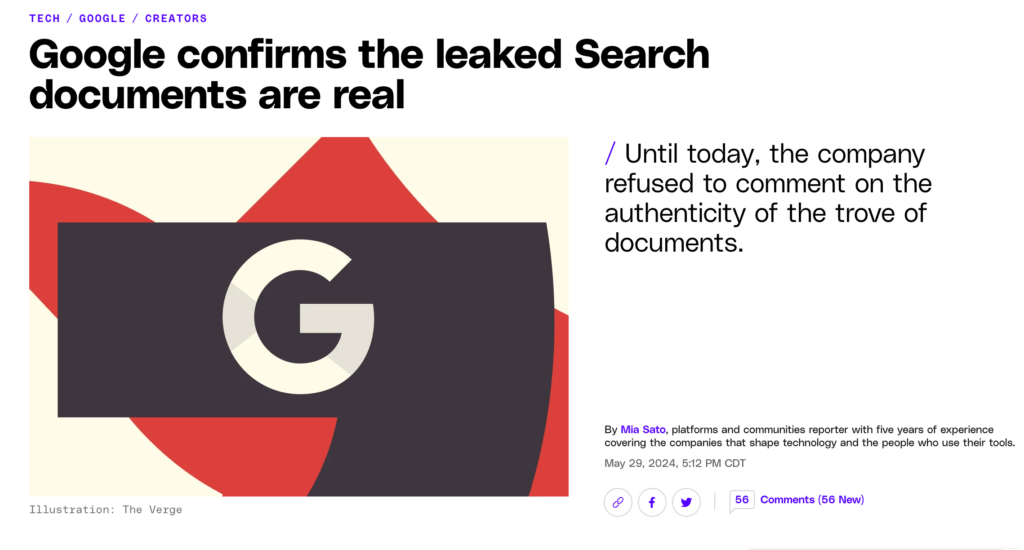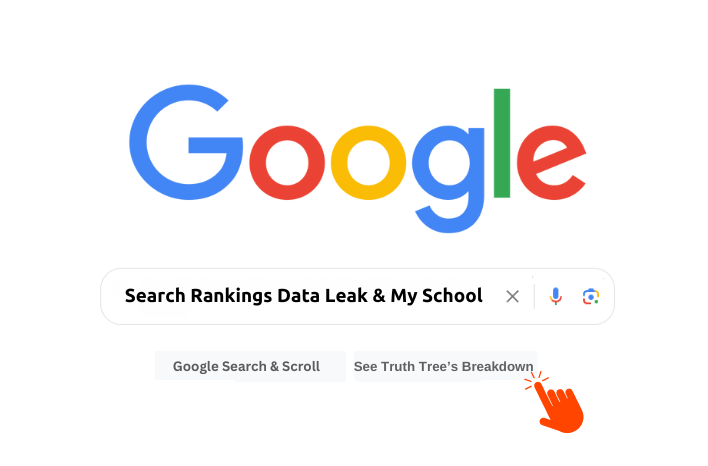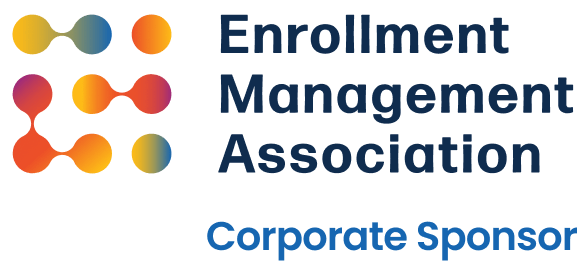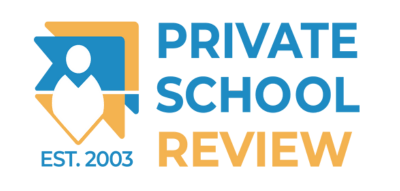Missy Speyrer, Associate Director of Marketing, Truth Tree & Lael Kittle, Lead SEO Marketing Specialist, Truth Tree
A recent article, follow-up article, and supporting article detail a major document leak containing “Google’s internal ‘Content API Warehouse’” which leaves the general public with a lot to absorb in regards to ranking within Google searches. So what does it mean for schools looking to solidify their ranking with the mega search engine?

PSA: We did not pour over the entire 2,500 pages, but we did read through the articles with private schools in mind.
Let’s unpack our main observations and actionable ways schools can respond to the leaked data.
Discovery #1: A school’s domain authority does impact ranking.
Google has traditionally denied using a “domain authority” metric, but the leaked documents show they do use a version of this metric called “siteAuthority”.
What is a school’s “domain authority”?
A school’s “domain authority” refers to the measure of the strength and credibility of its website domain in the eyes of search engines, and for the sake of this post, particularly Google.
Several factors contribute to a school’s domain authority, including the quality and quantity of inbound links (backlinks) from other reputable websites, the relevance and authority of the content published on the site, the website’s overall user experience, and its technical optimization for search engines.
So how does a school build and retain “domain authority”? Click here to find out.
Discovery #2: A School’s Listing with Low Clicks is Grounds for De-Ranking
Google has previously stated that individual clicks don’t directly impact rankings if you’ve got everything else in place. However, it’s come to light they use a system called “NavBoost” which uses click data to adjust search results. For instance, if a site ranks #1 but receives few clicks, Google may lower its ranking.
This underscores the importance of optimizing titles and meta descriptions. While meta descriptions were previously thought to have less influence on SEO, they still play a crucial role in attracting clicks. If your page lacks a compelling meta description, people are less likely to click on it.
In essence, being ranked #1 has a short shelf-life if users aren’t clicking on your site.
For schools striving to maintain their ranking, it’s imperative to review performance data regularly. If click-through rates are low, consider revamping and revising site elements to attract more clicks.
Discovery #3: New School Websites Have an Uphill Climb to Success
According to the leaked API documents, Google has a “sandbox” that holds back new sites.
If you’ve read this far, you already know authenticity is a major component of any school’s SEO. Is the content you publish relevant to your audience and supporting website? Or does your website showcase that you are a school, but your latest blog post is ranking the best vacuum cleaners on the market? Unless that was a school project and has lots of woven-in keywords, it’s a stretch that Google would see that as quality collateral in your efforts to build domain authority.
So what do you do if you’re a new school or a school that recently rebranded its website URL?
Everything mentioned above is vital and important but even more so for your newly launched website. Consider publishing content weekly to trigger Google that you’re relevant and committed to providing quality content to your audience. Build backlinks and stay consistent on social media to drive traffic to your site.
While it’s not clear if the API data is the most current metrics at play in Google’s search ranking algorithm, the documents do bring to light the data Google has been tracking. We can definitively say that whether or not these are the most recent elements of their algorithm, building your school’s brand across multiple platforms and touchpoints will only benefit your school’s SEO (Search Engine Optimization) and AIRO (AI Results Optimization) / GEO (Generative Engine Optimization).
Rand Fishkin
Article from SparkToro
If there was one universal piece of advice I had for marketers seeking to broadly improve their organic search rankings and traffic, it would be: “Build a notable, popular, well-recognized brand in your space, outside of Google search.”
While Google has been the main player of traditional search for years, we are shifting into a different landscape as AI continues to be woven into every version of search as we know it.
Is it Time to Bring in the Experts?
Our team of SEO experts is constantly researching and testing best-practice metrics. Could you be our next school partner to rise through the SERP rankings?











